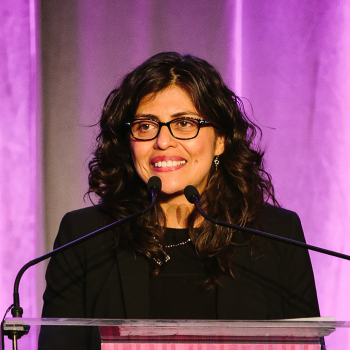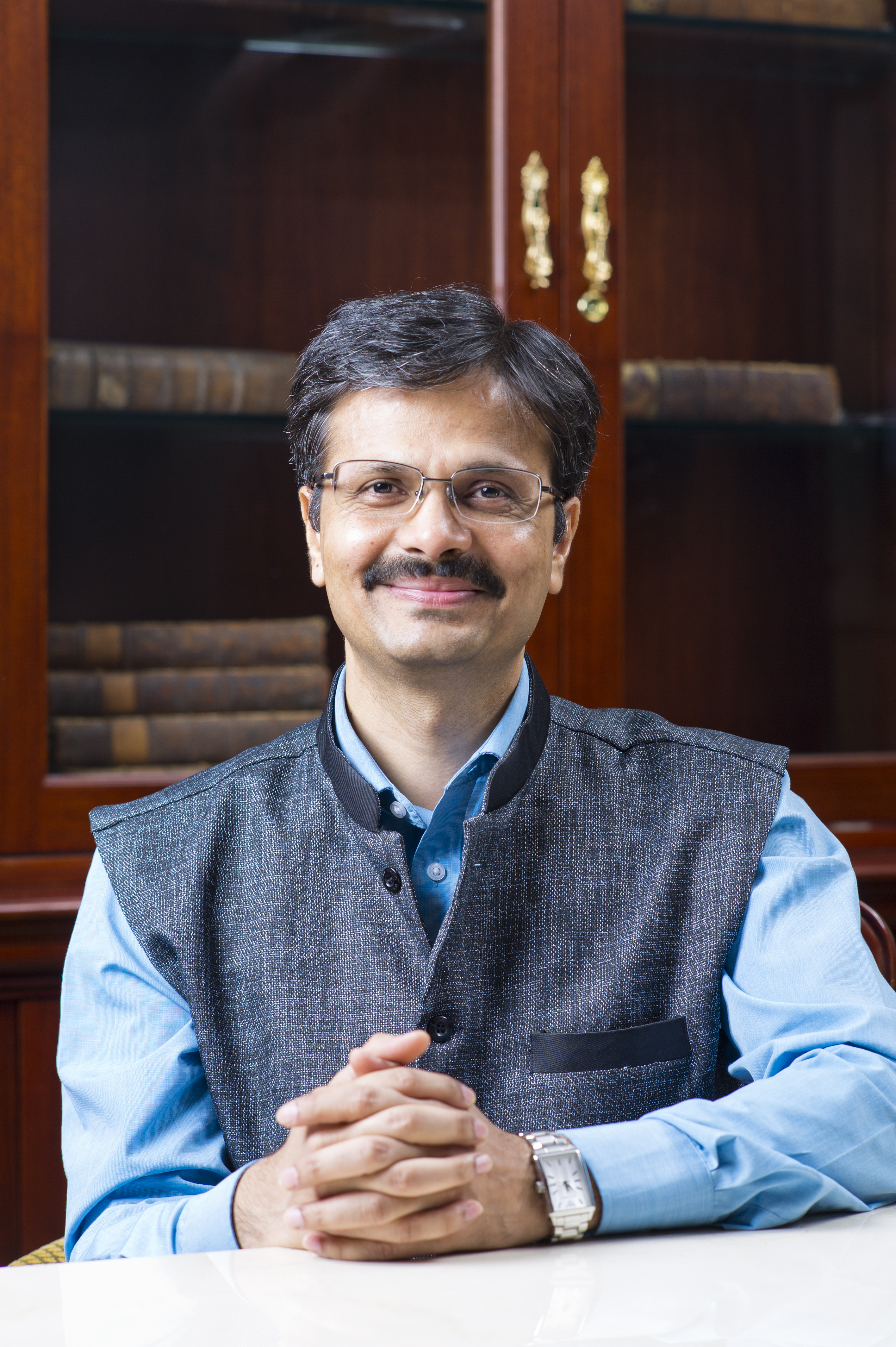Corporate Human Rights Due Diligence in Practice: The Union Hidalgo Case in France
Speaker(s):
Series:
Associated with:
Notes & Changes
Register here. Please note that this event may be recorded, with the exception of any live audience questions.
Indigenous communities in Mexico are often discriminated against and deprived of their rights. Under international and Mexican Law, they are granted the right to be consulted if a project is planned on their land. It is important that those responsible – the state or the companies concerned – ensure that consultation processes are fair and free from undue pressure and manipulation.
Since 2015, the energy giant Electricité de France (EDF) has been working on building the Gunaa Sicarú wind park on the land of the Mexican indigenous community of Unión Hidalgo. However, until now, EDF has failed to properly investigate the possible human rights risks of its operations in Unión Hidalgo’s area and has not implemented measures to protect the rights of the indigenous people, especially their right to be consulted on the proceedings as guaranteed according to the fundamental right to free, prior, and informed consent. That is why, on October 13th 2020, representatives of Unión Hidalgo, Proyecto de Derechos Económicos, Sociales y Culturales, A.C. (ProDESC) and the Berlin-based European Center for Constitutional and Human Rights (ECCHR) filed a civil lawsuit in Paris urging EDF to respect Unión Hidalgo’s rights and suspend the Gunaa Sicarú wind park project until the company complies with its vigilance obligation. Indeed, under French law as well as according to international standards by the UN and the OECD, companies have an obligation to respect human rights in their global operations and along the supply chain. This also includes their subcontractors or suppliers. Therefore, EDF should take its responsibilities for the violations committed, according to the French loi de vigilance (2017).
This talk aims to: (i) highlight the importance of national and international law on the duty of vigilance; (ii) make visible the context and situation of the people of Unión Hidalgo; (iii) provide information on the legal strategies being pursued by ProDESC in this case; and (iv) sensitize students and academia to the duty of vigilance law (outputs and outcomes).
An audio recording of this event is available to listen to on Soundcloud
Speakers

Alejandra Ancheita, founder, and Executive Director of the Mexico City-based NGO ProDESC (The Economic, Social and Cultural Rights Project) is a Mexican lawyer and activist, leader of the human rights’ movement for migrants, workers, and indigenous communities of her native country. Since founding ProDESC in 2005, Alejandra Ancheita and her dedicated team have run strategic campaigns aimed to protect the economic, social, and cultural rights of Mexico’s most marginalized people. ProDESC’s work is guided by her innovative vision of integrated approach, which combines community education and organizing; corporate research; human rights litigation; and policy advocacy; thereby bringing real structural change. Among her most notable accomplishments in ProDESC, she achieved unprecedented results to establish accountability mechanisms for transnational corporations in Mexico. Alejandra Ancheita is one of the leading Latin American voices in the human rights movement. She has spoken in various international forums, such as the UN Forum on Business and Human Rights, the Women’s Forum for the Economy and Society and the OECD Annual Meeting of National Contact Points, as well as arguing cases before the Inter-American Commission of Human Rights and the national courts. Alejandra Ancheita is the 2014 Laureate of the Martin Ennals Award for Human Rights Defenders, highest acknowledgement from the international community of human rights. In 2014, she also received the Omecíhuatl medal from the Women’s Institute in Mexico City in recognition of her important contributions to women human rights. The next year, the Mexican Senate acknowledged Alejandra prominent work in defense of workers, migrants, indigenous and agrarian communities. More recently, in 2019, she was given a Doctorate Honoris Causa from the Université Paris Nanterre, becoming the first Mexican woman to be honored with the distinction. Alejandra has a Bachelor of Laws from the Universidad Autónoma Metropolitana-Azcapotzalco in Mexico City and a Master of Laws and International Justice from Fordham University. You can follow Alejandra on Twitter: @AAncheita

Miriam Saage-Maaß is a lawyer and vice legal director at ECCHR, where she has build up the Business and Human Rights program. She has worked on various cases against corporations, including civil proceedings against German retailers relating to the exploitation of workers in Bangladesh and Pakistan, and against companies trading in cotton picked by forced child labor in Uzbekistan. Miriam is also engaged in criminal proceedings against high-ranking officials, for example in the European arms industry, for their involvement in the commission of international crimes. She regularly publishes articles on the questions of corporate accountability for human rights violations in the global supply chain and consults internationally as an expert in corporate responsibility and human rights. She is a lecturer at the Freie Universität Berlin and joined the Stiftung Forum Recht’s advisory board in 2020.
Respondent

Surya Deva is an Associate Professor at the School of Law of City University of Hong Kong, and the current Vice Chair of the UN Working Group on Business and Human Rights. Prof Deva’s primary research interests lie in Business and Human Rights, India-China Constitutional Law, and Sustainable Development. He has published extensively in these areas, and has advised various UN bodies, governments, multinational corporations and civil society organisations on matters related to business and human rights. He is one of the founding Editors-in-Chief of the Business and Human Rights Journal, and sits on the Editorial/Advisory Board of the Netherlands Quarterly of Human Rights, the Vienna Journal on International Constitutional Law, the Indian Law Review, and the Australian Journal of Human Rights.


 Add to calendar
Add to calendar


